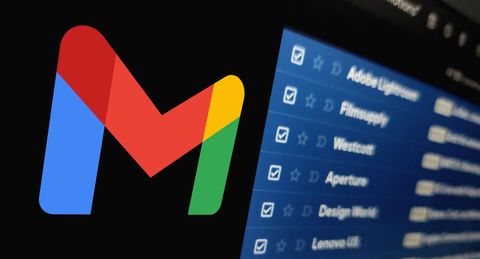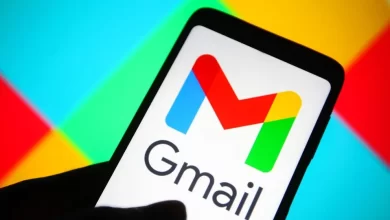Google's Exclusive Features Threaten Email's Openness
Google's iMessage-ification of Gmail could hinder the open nature of email communication

Google’s popular email service, Gmail, is attempting to bring a touch of personality to plain emails with the introduction of emoji reactions. While emoji reactions are common in messaging apps, they have yet to find a place in email communication, which is generally considered more professional and restrained. However, Gmail’s embrace of emoji reactions is part of a broader trend where tech companies are transforming open systems like email into walled gardens with exclusive features that only work within their platforms.
Gmail’s decision to create proprietary features like emoji reactions raises concerns about interoperability. While the reactions work seamlessly between Gmail users, non-Gmail users will receive them as separate emails, resulting in a fragmented and potentially frustrating experience. This approach mirrors Apple’s strategy with its iMessage platform, which aims to keep users locked into its ecosystem of services.
Despite the rise of instant messaging, email continues to be a widely used form of communication. The introduction of emoji reactions could make emails more interactive, particularly in personal settings. However, for a truly universal and unbroken experience, it would be preferable for all email service providers and client apps to support emoji reactions instead of locking users into a specific service
While there have been previous attempts to introduce exclusive features to email services, such as Microsoft Outlook’s Rich Text Format, the risk lies in appropriating an open standard like email and undermining its core principle of interoperability. Google’s monopoly in the email space should not be used as a justification to challenge this widely used communication method without ensuring interoperability.
Also Read: Google to Delete Inactive Accounts: How to Protect Your Gmail and Photos Content
While the addition of emoji reactions in Gmail may not seem significant on its own, it could be the starting point for the iMessage-ification of Gmail. If Google continues down this path and introduces more exclusive features to its email service, it risks compromising the open nature of email communication. This could incentivize users to switch to Gmail, ultimately hindering the open internet communication standard that email represents.




